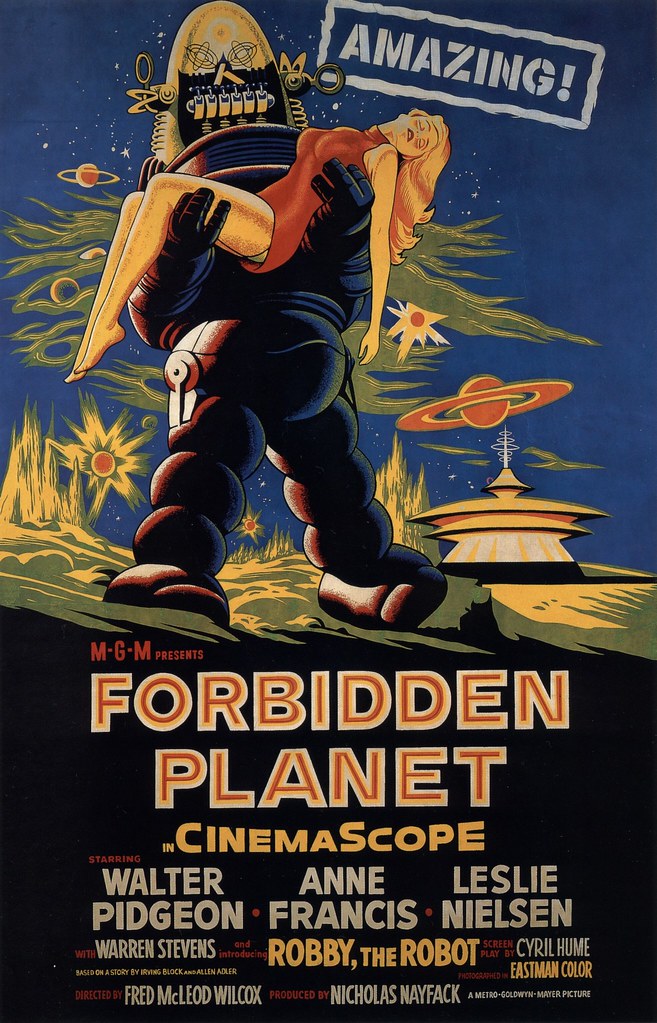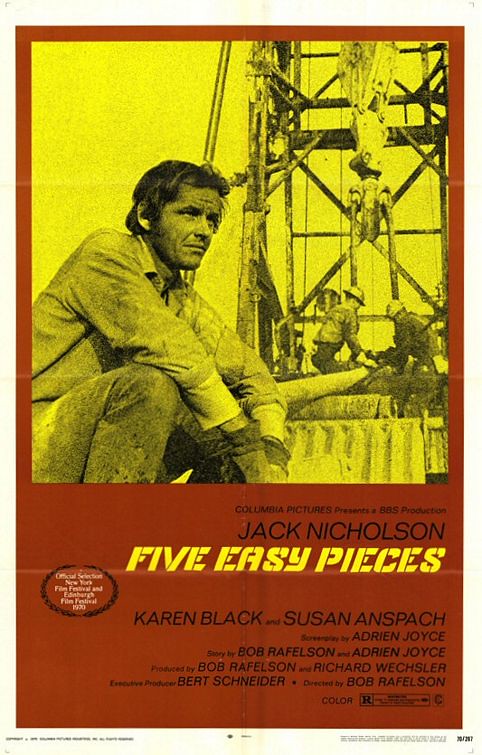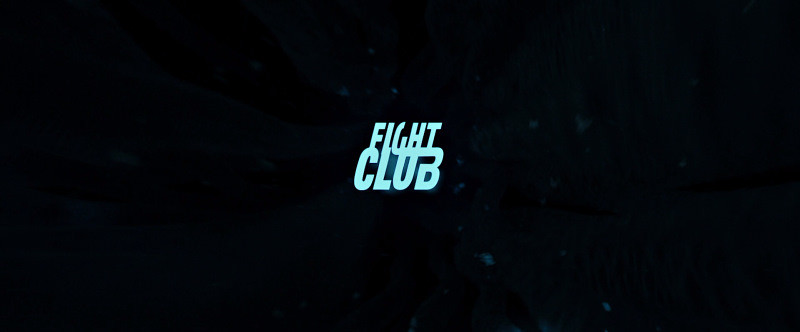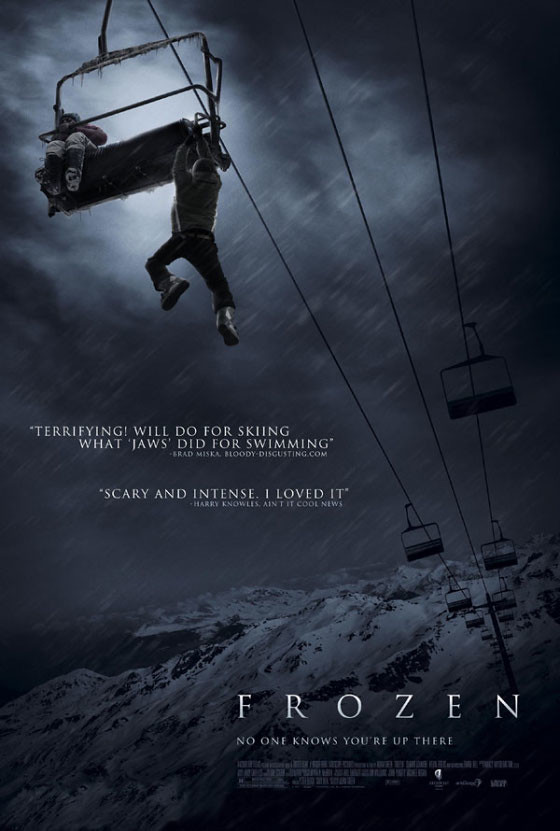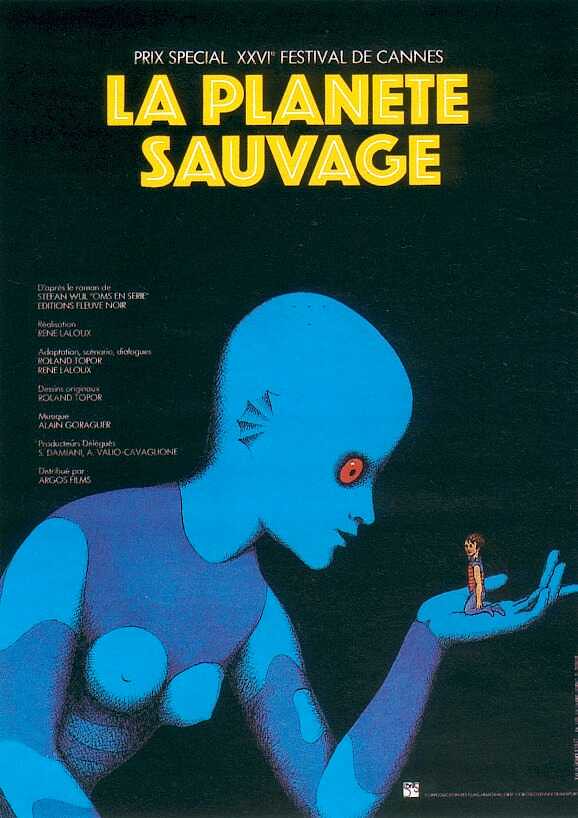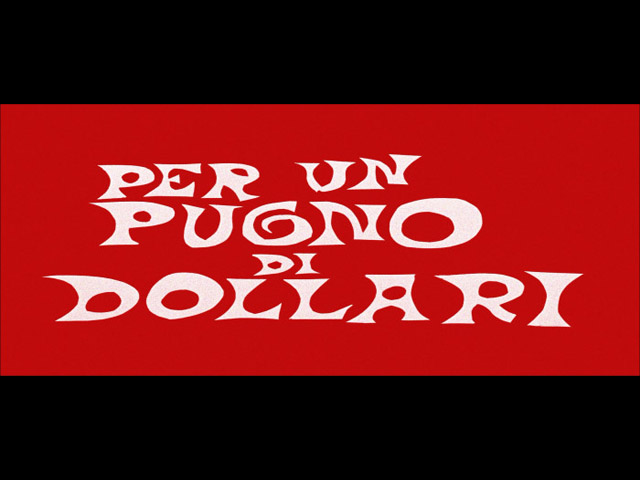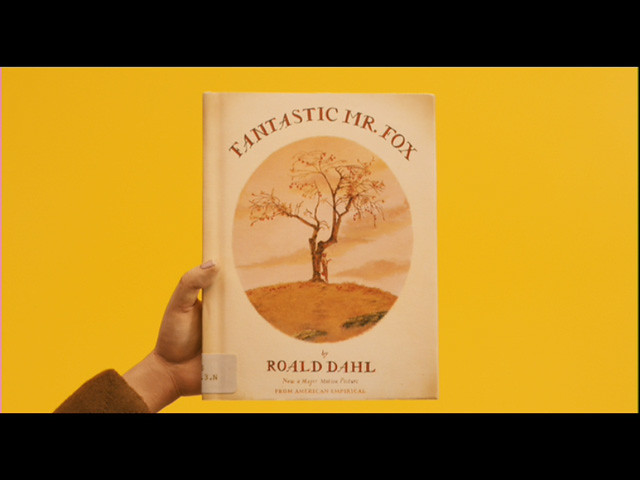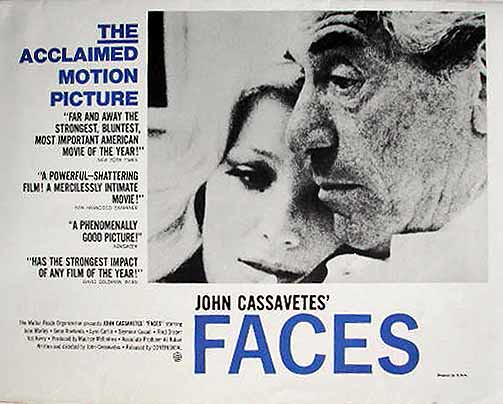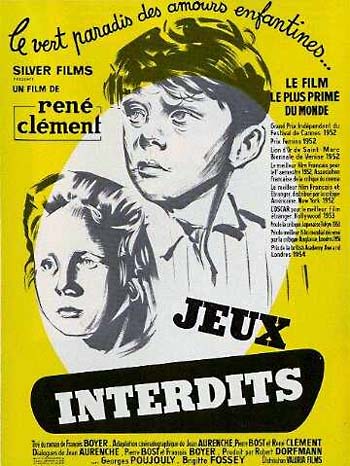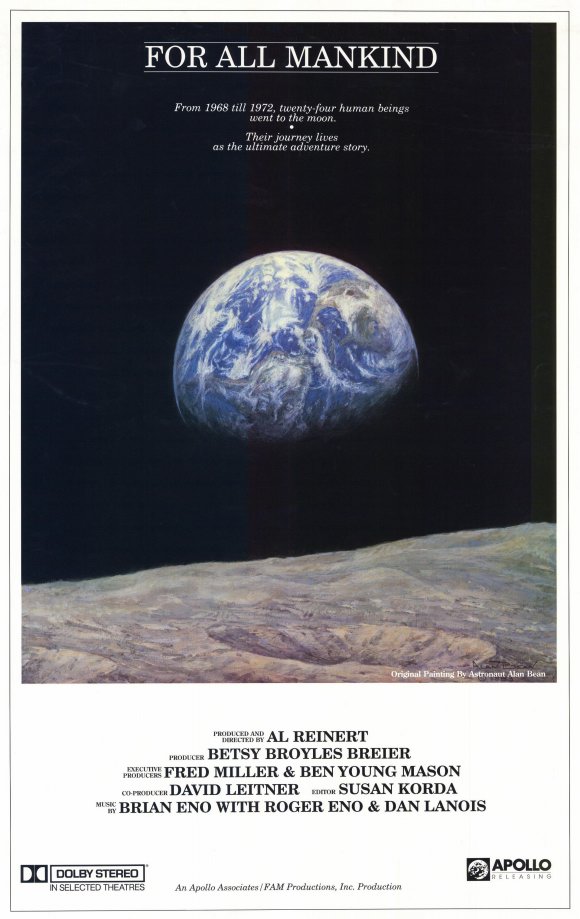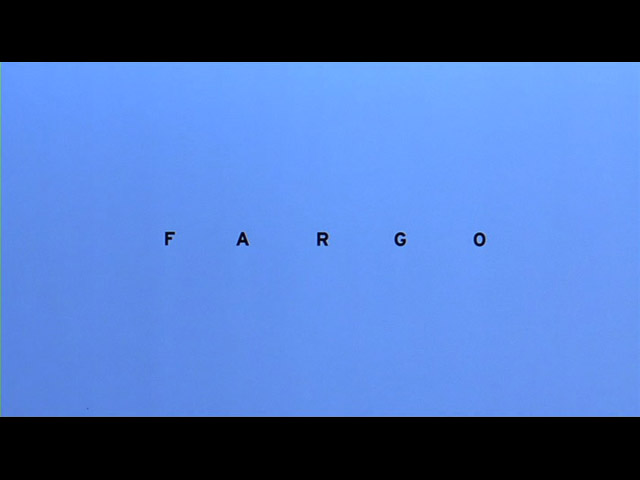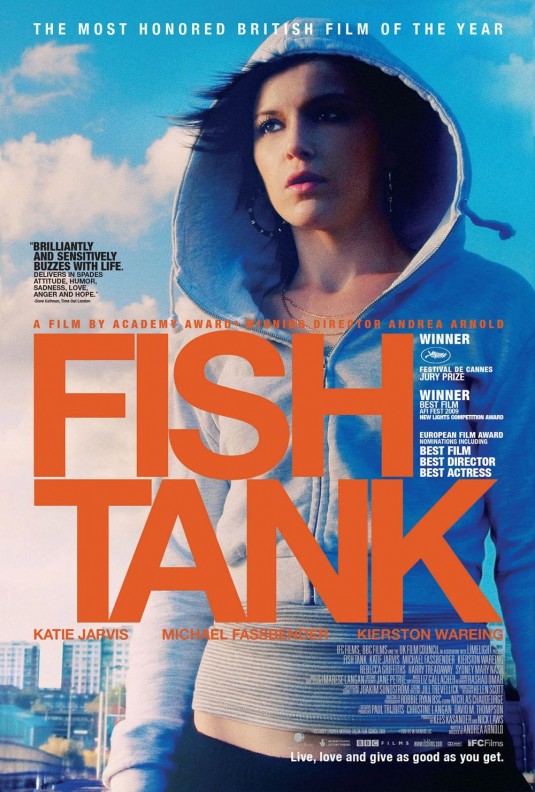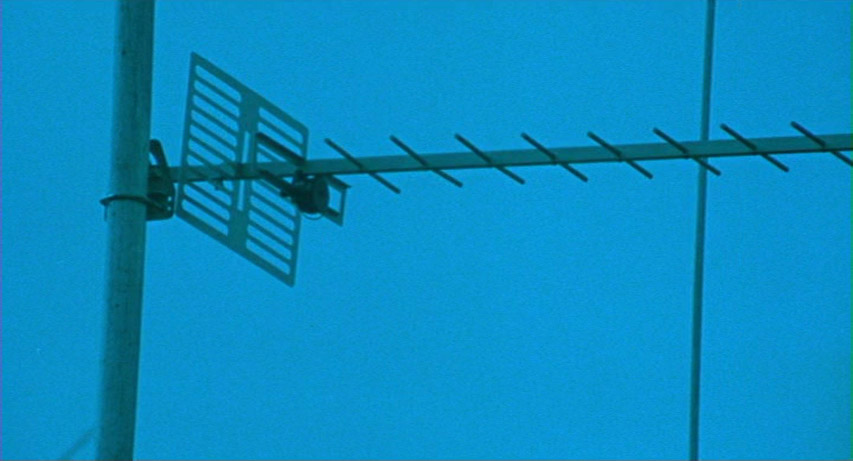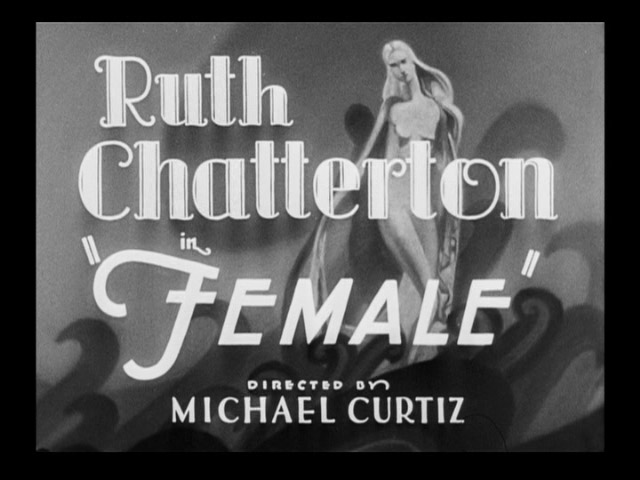
Holy shit.
Look, I know a movie is a product of its times and all, but this seems like the kind of thing you show to a bunch of Reed-graduate women's studies majors to see if you can give one an embolism. The plot basically boils down to: hard-nosed extremely successful career-minded lady is CEO of an automobile company and the only one with the cajones to keep the company afloat through hard times. She blatantly abuses her power as head of the company to invite salesmen and execs and engineers over to her palatial home for dinner and "private business meetings," in order to aggressively seduce them, only to snub them brutally (and in some cases, transfer them to Montreal for not being quick enough to get the signal that they'd been blatantly used by their boss) the next morning at the office.
Before you start thinking this is a pretty awesome role-reversal with a sexually empowered and voraciously predatory woman who knows what she wants and takes it, hear out the rest of the story. All she's looking for is a man who can love her for herself, and when she finds one she not only leaps into his arms, literally transforming her entire personality three times in short order to be what he wants, but she makes repeated attempts to quit her successful job to be his wife. In fact, the story wraps up (very quickly, in about an hour actually) with her having tracked down Mr. Dreamboat Industrial Engineer and promising that she'll never set foot inside the automobile company again; she wants him to run her business now because she's "no good at it," and she's adamant about staying home and raising the nine children she promises to bear him. This is presented unambiguously as a bow-on-the-package ending to the romance movie.
Woman is dominating and kind of a bitch, only successful at the job because she pretends to be something she's not; woman finds the right man for her; woman gives up the powerful, lucrative job (to the man) and declares herself a homemaker, lickety-split. All she wanted was to be a docile wife. She finally got what she wanted. Happy ending! Look, I'm not touching that. I'll just leave it as it lay.
I will say, though, that though there was nothing outright bad about the direction or filmmaking, the performances were all a little hokey and forced in a way that -- if I'm really honest with myself -- makes me re-evaluate some of the characters and performances in Casablanca. But mostly, Female had none of the inspired or inspirational dynamic-energy, shadows-and-light (literally in the camera work; figuratively in the elements the story brings together) that makes Casablanca such magical cinema. This was a weirdly misogynistic treatise posing only barely as a light-hearted not-quite-screwball romantic comedy. The truth is, I think this film might offend more people than Lars von Trier or Gaspar Noé films. It's a weird one.

